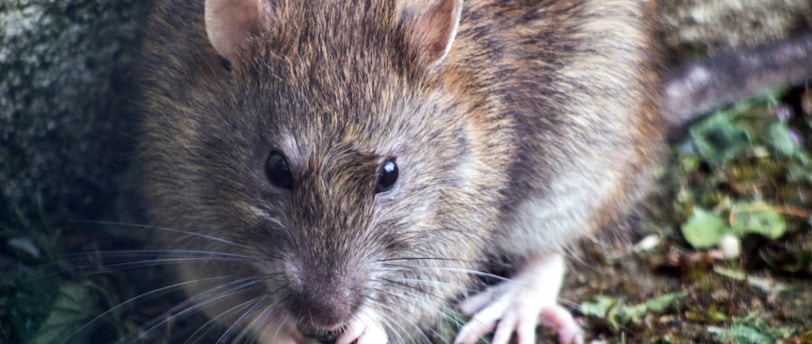10 Effective Tips for Residents to Control Pest Issues
1/27/20252 min read


Understanding Common Pest Issues
Pest problems can be a significant nuisance for residents, often leading to health risks and property damage. Common pests include rodents, insects, and other unwanted animals that invade homes and gardens. Understanding the nature of these pests is essential for effective control. By implementing preventative measures, you can reduce the likelihood of infestations and maintain a pest-free environment.
NOTE : Please read your lease agreement to understand what is Resident's responsibilty and what is Landlord's responsibility before you encounter any pest issues
Its very important that you must contact your property manager if it is not very clear about the responsibilities of each party related to pest control in your lease agreement. For instance , the landlord may refuse to pay for professional Pest control services if you breach to maintain proper clealiness inside your property or did not store your food properly etc.
Tip 1: Maintain Cleanliness
The first step in controlling pest issues is maintaining a clean home. Regular cleaning and sanitation can deter pests from making your space their home. Ensure that food waste is disposed of properly, crumbs are cleaned up promptly, and garbage is sealed tightly. A clean kitchen, in particular, is vital as it often attracts various pests.
Tip 2: Seal Entry Points
Pests can easily enter homes through small cracks and crevices. Inspect your property and seal any gaps around windows, doors, and foundations. Use caulk or weather stripping to prevent unwanted guests from entering your home.
Tip 3: Proper Food Storage
Storing food properly is crucial in keeping pests away. Use airtight containers for grains, cereals, and other pantry items. This measure not only keeps your food fresh but also minimizes the chances of attracting pests.
Tip 4: Regularly Inspect Your Home
Conduct regular inspections of your home for signs of pests. Look for droppings, nests, or damaged materials. Early detection can make the difference between a minor issue and a major infestation.
Tip 5: Manage Outdoor Spaces
Your yard may harbor potential pests. Keep outdoor areas tidy by trimming bushes, mowing the lawn, and removing debris. Also, store firewood away from your home's exterior to mitigate the risk of pest attraction.
Tip 6: Use Natural Deterrents
Consider natural deterrents such as essential oils or vinegar to repel pests. Many pests are sensitive to certain scents, and using these natural alternatives can help create a less inviting environment for them.
Tip 7: Educate Yourself
Understanding the types of pests prevalent in your area can greatly aid your control efforts. Research their habits, lifecycles, and preferred environments. This knowledge will better equip you to implement effective prevention strategies.
Tip 8: Monitor Water Sources
Standing water can be a breeding ground for pests such as mosquitoes. Regularly check for any stagnant water around your property and eliminate it. This can include birdbaths, clogged gutters, or any bottle caps that collect rainwater.
Tip 9: Pest-Proof Your Home
Invest in pest-proofing products such as traps and repellents. These can be helpful in managing minor pest issues before they escalate into a full-blown infestation. Choose environmentally friendly options that are safe for you and your family.
Tip 10: Contact Professionals When Necessary
If a pest issue grows beyond your control, do not hesitate to contact pest control professionals. They possess the expertise and tools necessary to effectively eliminate pests while providing you with additional prevention tips.
By following these ten tips, residents can significantly minimize pest issues and create a healthier, safer living environment. Remember, proactive measures and consistent vigilance are key to effective pest control.
